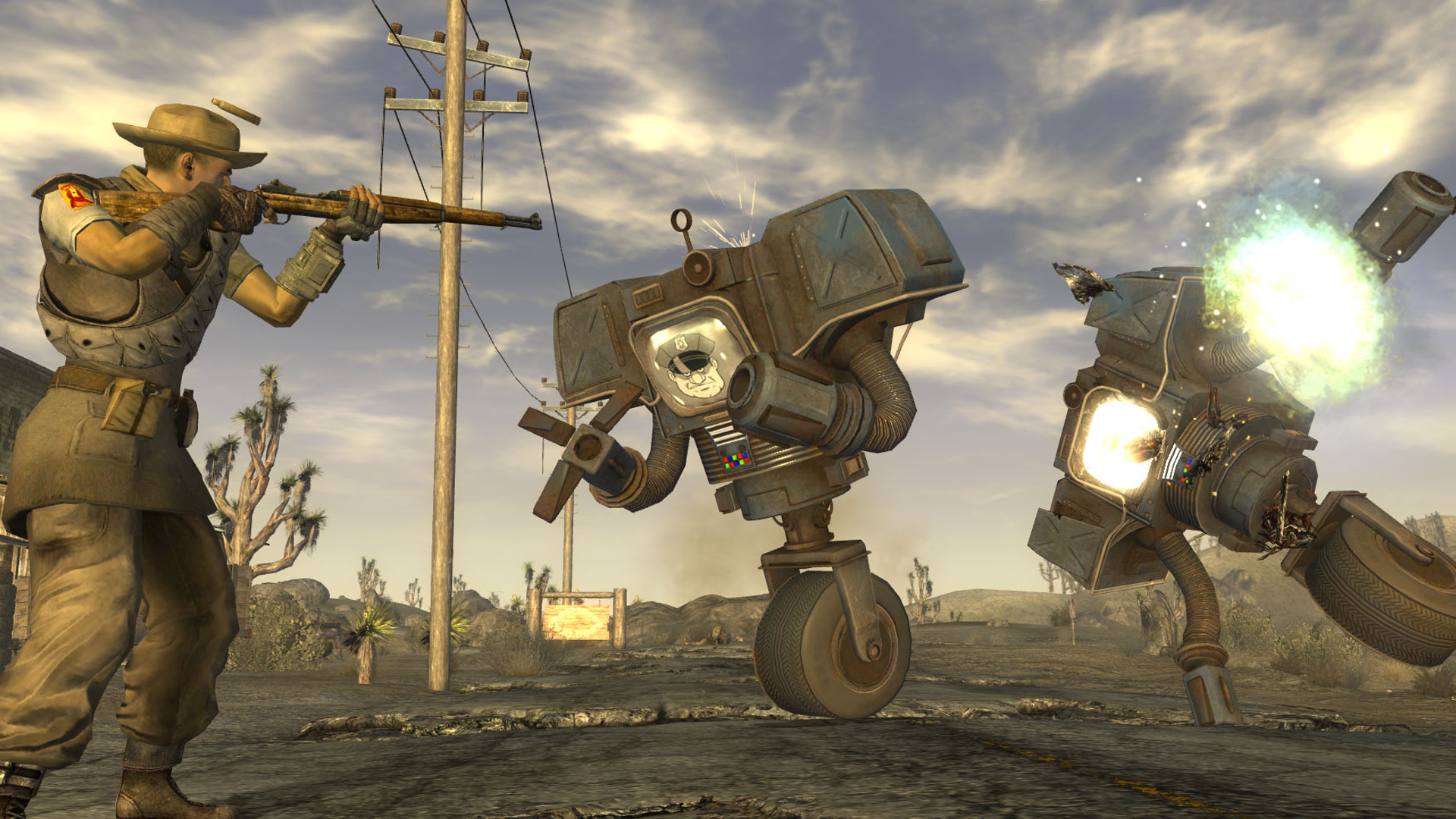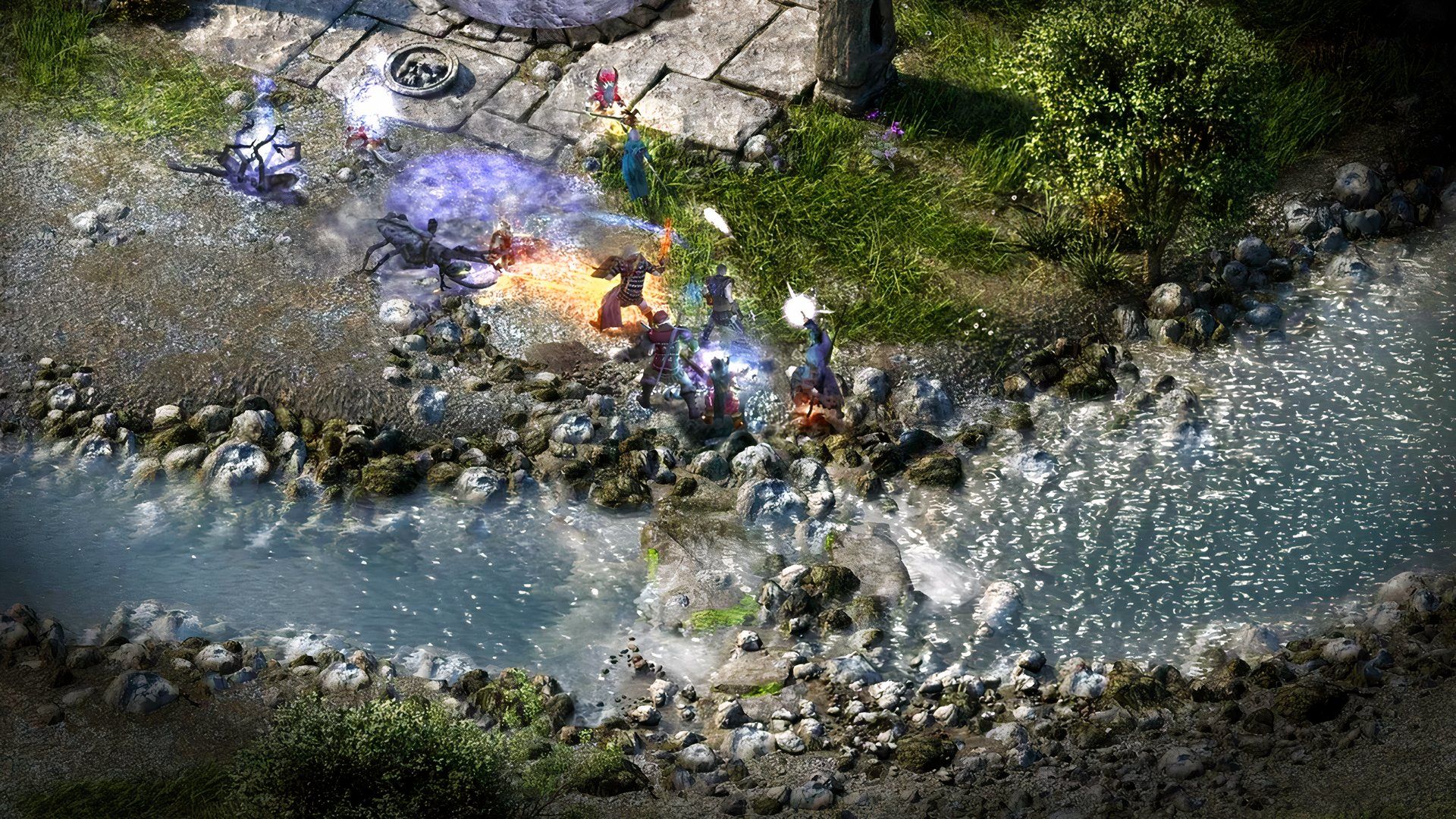
Today, RPGs come in all shapes and sizes, ranging from games inspired by tabletop classics like Baldur’s Gate 3 to fast-paced action RPGs. But not long ago, there was one kind of RPG that many retailers thought would disappear completely.
For a while, classic computer role-playing games (CRPGs) became less common. Around the mid-2000s, game studios started focusing on action-packed games that appealed to a wider audience, and few were willing to take the risk of making a traditional PC RPG.
Josh Sawyer, the director of popular RPGs like Fallout: New Vegas, recently revealed that despite the current popularity of RPGs, studios nearly stopped making unique, classic-style RPGs (CRPGs) because retailers believed the genre wasn’t profitable anymore. He shared this information in a presentation at GCAP 2025, which was later reported by PC Gamer.
When CRPGs Were Deemed Unsellable

He explained that a key reason they stopped developing games like *Infinity Engine* was because stores believed there wasn’t enough demand for them. While these classic RPGs, created by Sawyer, had a dedicated fanbase and attracted many players, retailers worried the genre wasn’t popular enough for consistent sales.
When Josh Sawyer and his team asked for evidence supporting the belief that no one would buy their game, retailers simply asked them to take their word for it. It appears this unsupported claim by businesses focused on profit likely caused a significant drop in popularity for classic computer role-playing games, which many fans still enjoy today.
In the past, platforms like Steam and GoG weren’t the go-to places for discovering specialized or unusual games. Today, thanks to online marketing, niche gaming genres – especially indie games – have become incredibly popular, something that wouldn’t have been possible with traditional retail stores.
With the rise of digital gaming, studios like Obsidian, where Josh Sawyer frequently directs, are now able to explore more creative projects. This began with the successful Pillars of Eternity series, which revitalized classic role-playing games. Following that, games like the highly praised Pentiment demonstrated that the genre was ready for innovation and experimentation.
It’s understandable why stores were hesitant to promote games that didn’t seem likely to sell well. If classic role-playing games hadn’t become popular again recently, it would have been easier to believe they should have stayed a thing of the past.
It’s good that stores don’t have much influence over what big game studios like Obsidian Entertainment create. Otherwise, we might lose entire types of games – like the wonderfully immersive world of CRPGs – if retailers only focused on what sells quickly.
Read More
- All Golden Ball Locations in Yakuza Kiwami 3 & Dark Ties
- Gold Rate Forecast
- Hollywood is using “bounty hunters” to track AI companies misusing IP
- What time is the Single’s Inferno Season 5 reunion on Netflix?
- A Knight Of The Seven Kingdoms Season 1 Finale Song: ‘Sixteen Tons’ Explained
- NBA 2K26 Season 5 Adds College Themed Content
- Mario Tennis Fever Review: Game, Set, Match
- Pokemon LeafGreen and FireRed listed for February 27 release on Nintendo Switch
- A free trip to the Moon will soon be possible. This upcoming exploration simulator is all about scientific realism
- 2026 Upcoming Games Release Schedule
2025-10-10 23:44